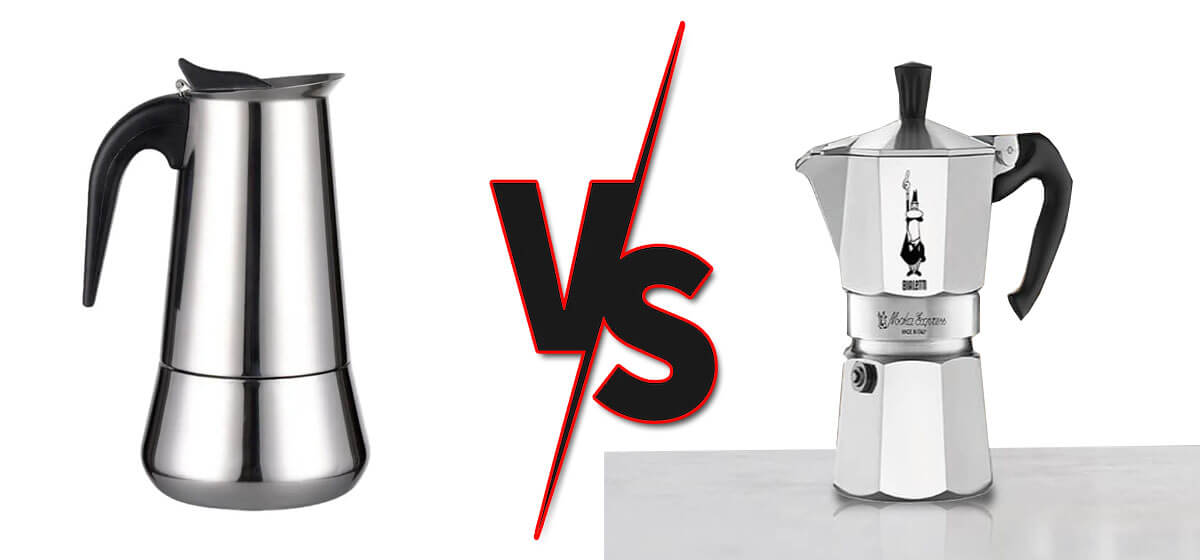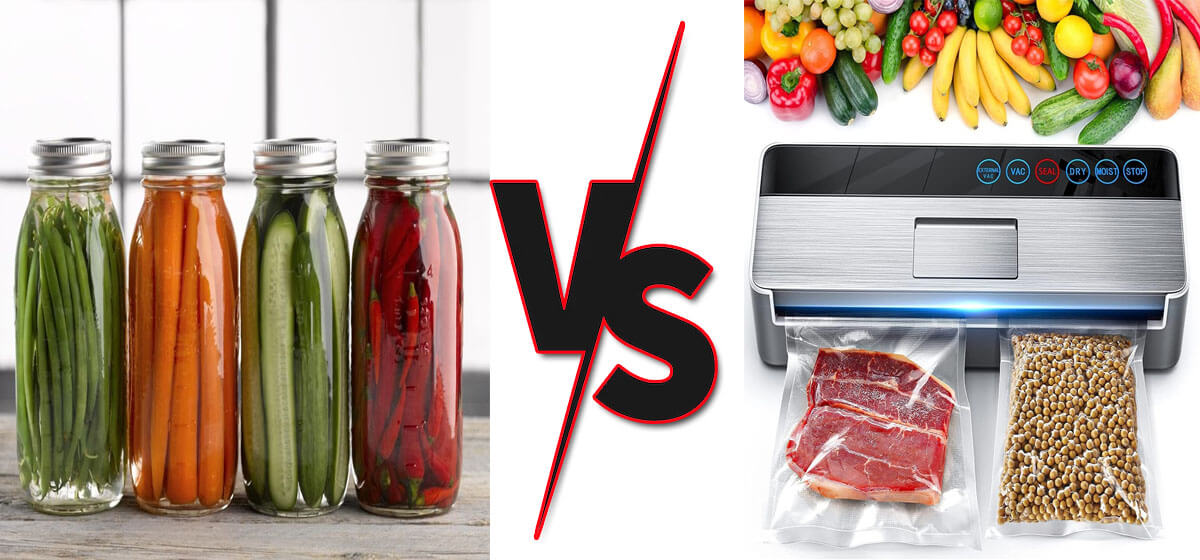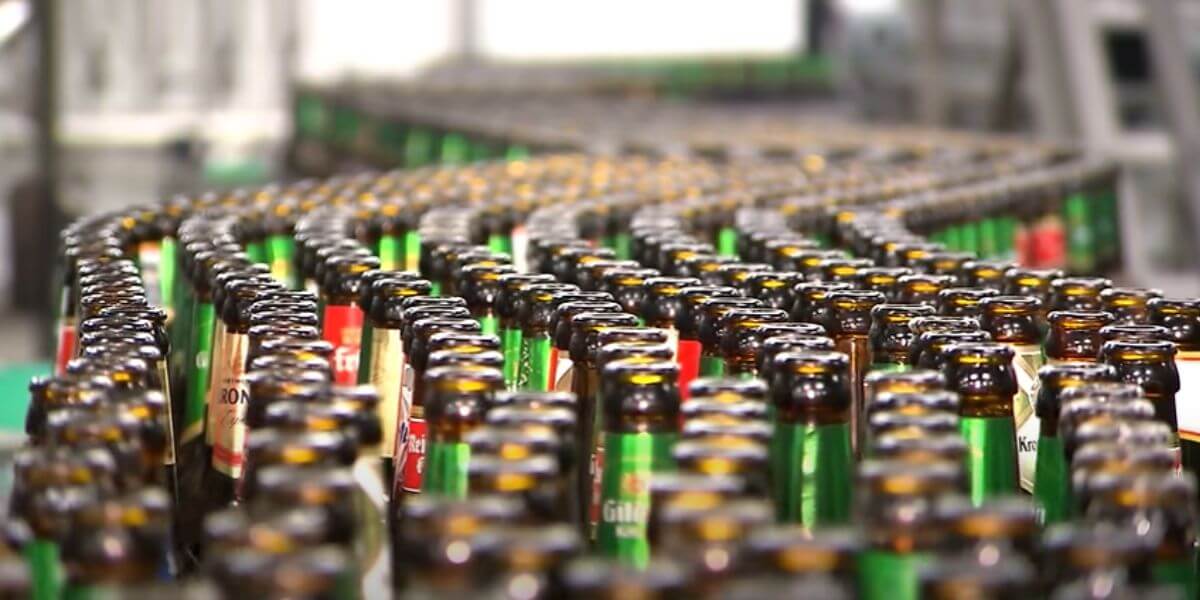Why do jars float when canning
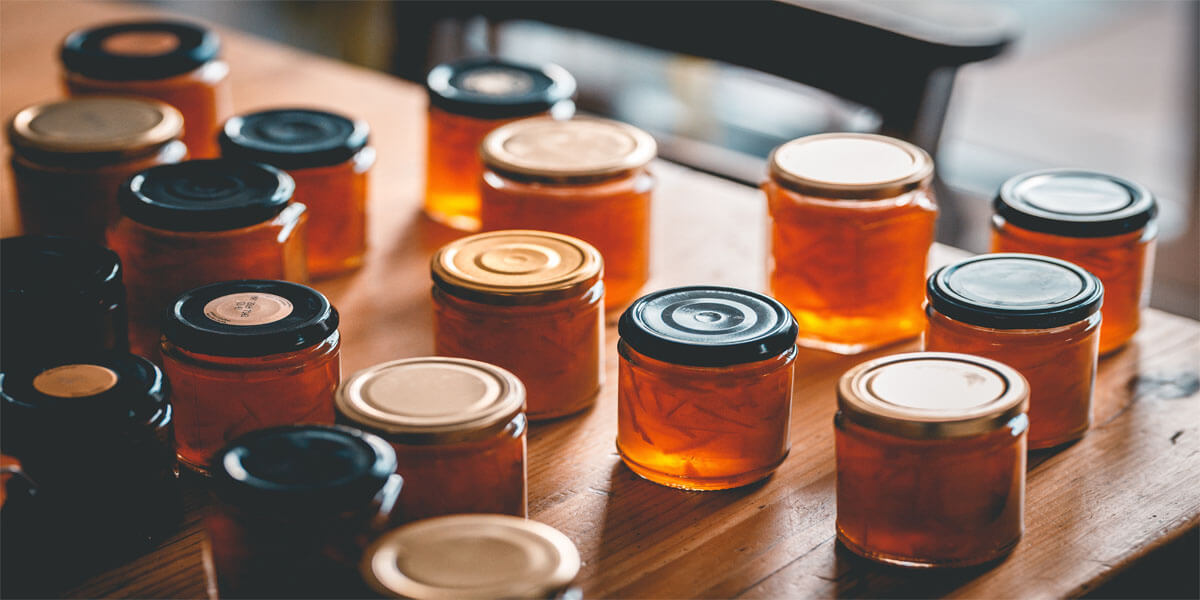
As an Amazon Associate I earn from qualifying purchases.
If you’ve ever canned your foods, you may have noticed a strange phenomenon – glass jars can float in boiling water! Thermal buoyancy, a phenomenon, makes it possible to accomplish this seemingly impossible accomplishment.
Thermal buoyancy works by creating pockets of warm air trapped inside the jar, which causes it to become lighter and, as a result, rise. But exactly how does this procedure operate? Learn more about thermal buoyancy and its applications in this blog article as we investigate why canning jars float!
What is canning, and why is it important to preserve food
Food is preserved through processing in airtight containers, which is followed by heating or boiling the food to destroy microorganisms. As a result, food can be securely stored for long periods of time without losing any nutritional value and rotting is reduced. The fundamental advantage of canning is that it increases the food’s shelf life, making it simpler to keep and utilize in the future.
Foods that might otherwise lose their flavor and nutritional value due to rotting or oxidation can also be preserved through canning. Because of this, canning is a crucial component in keeping our diet balanced and healthy.
Why do jars float when canning – the science behind it
When jars are sealed and put in boiling water, the heat causes air pockets inside the jar to expand. As the air expands, it creates a pocket of warm air lighter than the surrounding cold water. This causes the jar to become buoyant – meaning it will float!
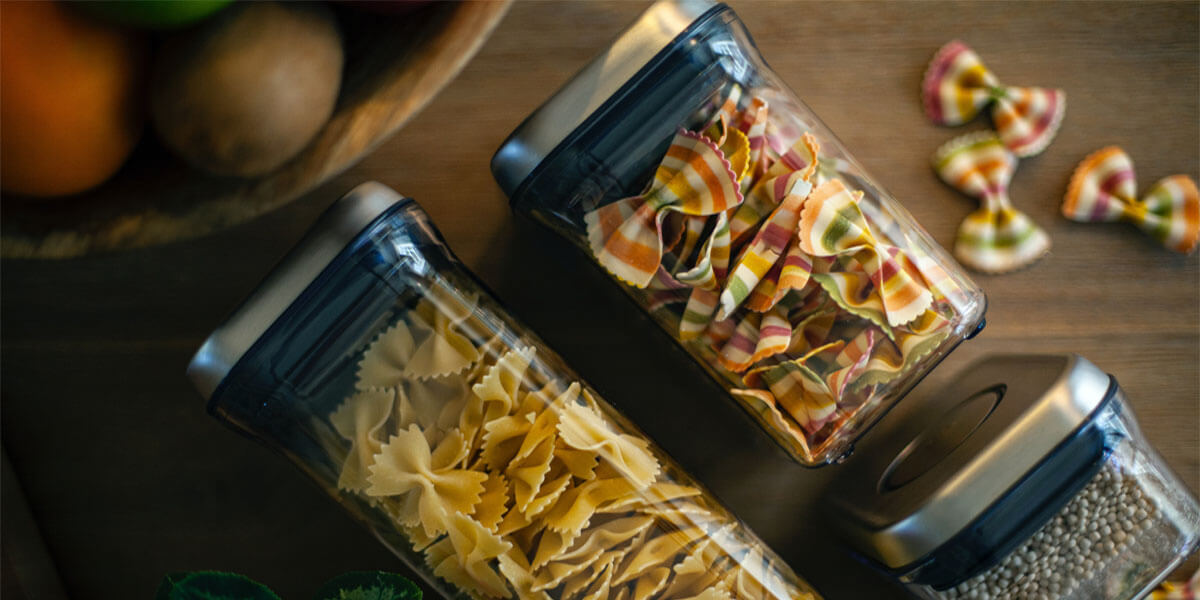
This is a phenomenon known as thermal buoyancy, and it is not simply useful for canning. Thermal buoyancy is also responsible for the clouds in the sky and the way hot air balloons fly – by using warm pockets of air to rise, these airborne objects become lighter than the surrounding environment and can float!
Read More: What is an anti griddle
Different methods of canning and how they affect the jar’s buoyancy
The buoyancy of the jar will be affected differently by various canning processes. For example, hot water bath canning (where jars are filled with food and then submerged in boiling water) tends to create more air pockets inside the jar than pressure canning (which uses steam to cook food). As a result, hot water bath canning is typically more effective at creating buoyancy and making jars float.
Another factor affecting a jar’s buoyancy is the type of food being canned. Fruits and vegetables tend to create more air pockets inside the jar than other food items, leading to greater levels of buoyancy.
Finally, the size of the jar also matters – larger jars are typically able to hold more air pockets, leading to a higher level of buoyancy and, thus, a more extraordinary ability to float in boiling water.
Tips on how to store canned goods safely to avoid spoilage
It’s crucial to carefully store your food after you’ve canned it to prevent deterioration. Here are a few tips on how to properly keep canned goods:
You may prolong the freshness and safety of your food by following these suggestions!
Benefits of canning for both home cooks and professional chefs
Food’s nutrients and flavor can be preserved while its shelf life is extended with the help of canning. This makes it a great alternative for professional chefs who need to prepare big quantities of food ahead of time as well as home cooks who want to extend the shelf life of their products.
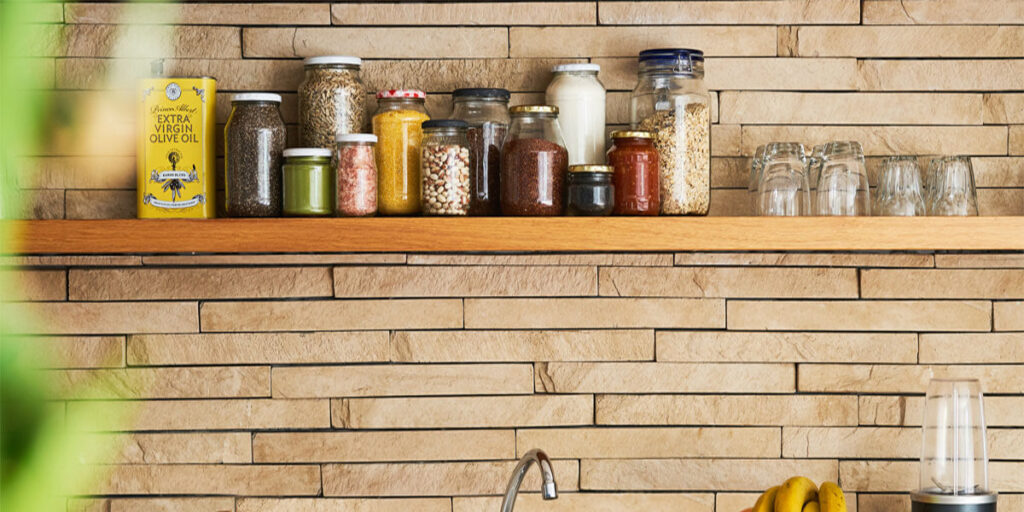
Cooks of all skill levels can benefit from the unique cooking experience that can be found in canning. The variety of recipes you can develop and the thermal buoyancy of jars make canning a fun and inventive way to enjoy your food for longer lengths of time!
Common mistakes to avoid when attempting to can your own food
The flavor and nutrition of your food can be preserved through canning, but there are certain typical blunders you should avoid. Here are a few tips to help ensure your canning success:
You can make sure your canned foods stay healthy and safe for a long time by following these recommendations!
Conclusion
Food can be kept fresh and preserved for a long time via canning. Thanks to the process of thermal buoyancy, jars can float in boiling water, making it possible to can your foods without worrying about spoilage or oxidation.Follow the advice provided in this blog post to carefully store canned goods so they retain their nutritious value.
Whether you’re a home cook or a chef, canning offers a fun and inventive way to extend the life of your food. Why not attempt it then? You might become addicted!
Also Raed: How much does a canning line cost
FAQs
Q1. How do I know which method of canning to use?
The type of food you’re canning and the size of the jar will determine which method of canning is best for your needs. Hot water bath canning typically works best for fruits and vegetables, while pressure canning is better suited to meats and stews. For larger jars, hot water bath canning is typically more effective at creating buoyancy and making the jar float in boiling water. However, read the specific instructions for each type of canning before attempting it yourself.

Q2. How long do canned goods last?
The shelf life of canned goods varies depending on the food type and how it’s been stored. Generally speaking, canned foods can last up to one year when stored properly in a cool, dry, dark place. However, you should always check the expiration date on cans to ensure they haven’t expired before consuming them.
Q3. Is canning difficult to do?
Canning is easier than it may seem! You should follow some basic steps and principles, but with a bit of practice, anyone can become an expert at canning their own food. It’s also a fantastic method to prolong the enjoyment of your meal! Why not attempt it then? You might become addicted!
Q4. What safety tips should I follow when canning food?
When preserving food, it’s crucial to adhere to specific safety precautions. Be sure to use clean jars and lids, fill jars with enough headspace, use a thermometer to ensure the canning water is boiling before putting jars in it, and check seals often during storage. Additionally, if cans become dented or damaged, discard them immediately. By keeping in mind these suggestions, you may help keep your canned foods wholesome and safe for longer.
A fantastic technique to increase the shelf life of your food while retaining its flavor and nutrition is to can it. With a bit of practice, anyone can become an expert at canning their own food!
Amazon and the Amazon logo are trademarks of Amazon.com, Inc, or its affiliates.


